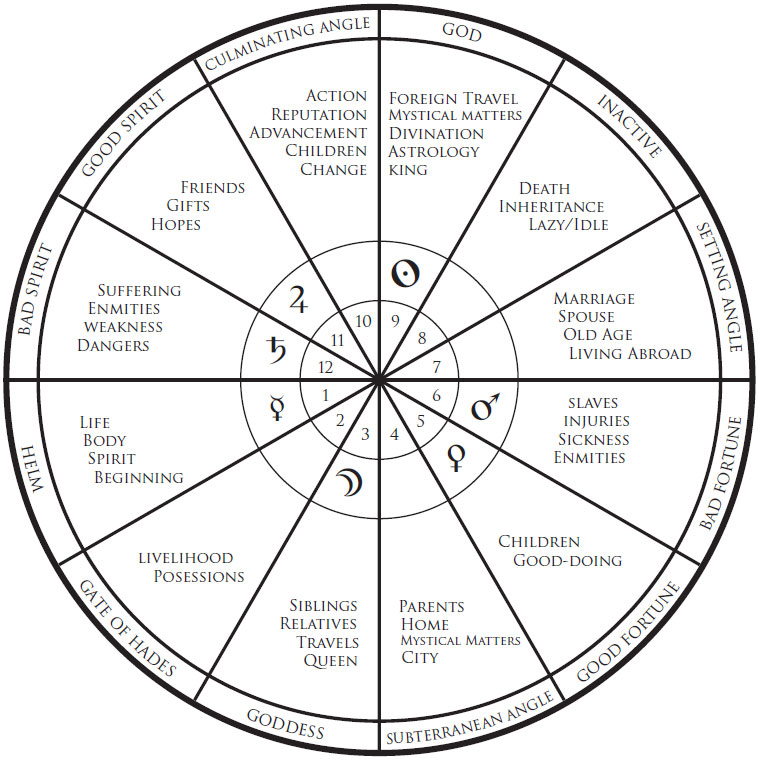Hi,
I have been thinking lately about the differences there may be between these types of astrology:
Traditional vs Classical vs renaissance vs Hellenistic
Would it be correct to say they are all traditional astrology? I know that the first three aren't necessarily Hellenistic (or at least I would assume), but do we stick them all under the traditional umbrella when say, for instance, we want to collate something like the traditional house interpretations? I am also considering body parts and am wondering whether those for Aries (head and body) would be in the first house, while those for Taurus (throat and shoulders) are interpretations of the second and so on.
I have found that Hellenistic astrology house interpretations seem to differ from the renaissance, which appear to be much gloomier and more fatalistic. Hellenistic seem to be more like the modern ones.
Thank you.
I have been thinking lately about the differences there may be between these types of astrology:
Traditional vs Classical vs renaissance vs Hellenistic
Would it be correct to say they are all traditional astrology? I know that the first three aren't necessarily Hellenistic (or at least I would assume), but do we stick them all under the traditional umbrella when say, for instance, we want to collate something like the traditional house interpretations? I am also considering body parts and am wondering whether those for Aries (head and body) would be in the first house, while those for Taurus (throat and shoulders) are interpretations of the second and so on.
I have found that Hellenistic astrology house interpretations seem to differ from the renaissance, which appear to be much gloomier and more fatalistic. Hellenistic seem to be more like the modern ones.
Thank you.
Last edited:


